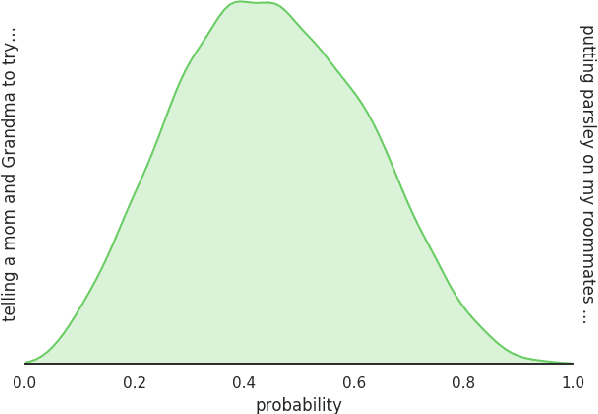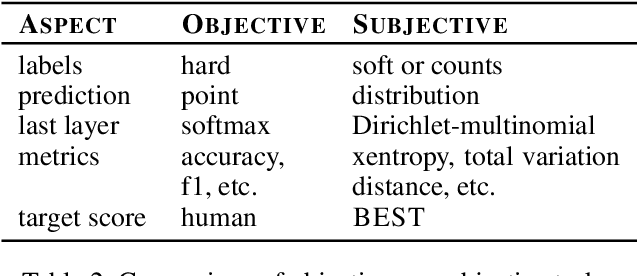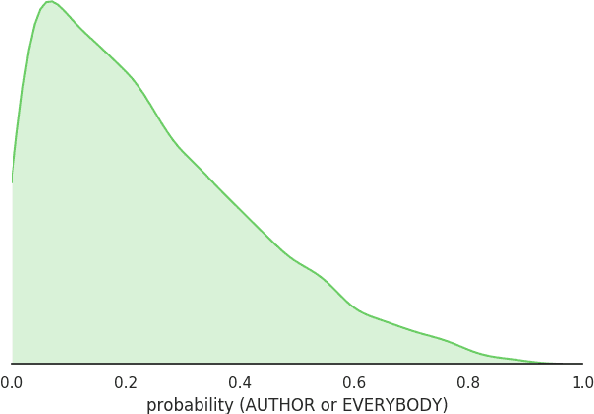Scruples: A Corpus of Community Ethical Judgments on 32,000 Real-Life Anecdotes
Paper and Code
Aug 20, 2020



As AI systems become an increasing part of people's everyday lives, it becomes ever more important that they understand people's ethical norms. Motivated by descriptive ethics, a field of study that focuses on people's descriptive judgments rather than theoretical prescriptions on morality, we investigate a novel, data-driven approach to machine ethics. We introduce Scruples, the first large-scale dataset with 625,000 ethical judgments over 32,000 real-life anecdotes. Each anecdote recounts a complex ethical situation, often posing moral dilemmas, paired with a distribution of judgments contributed by the community members. Our dataset presents a major challenge to state-of-the-art neural language models, leaving significant room for improvement. However, when presented with simplified moral situations, the results are considerably more promising, suggesting that neural models can effectively learn simpler ethical building blocks. A key take-away of our empirical analysis is that norms are not always clean-cut; many situations are naturally divisive. We present a new method to estimate the best possible performance on such tasks with inherently diverse label distributions, and explore likelihood functions that separate intrinsic from model uncertainty.
 Add to Chrome
Add to Chrome Add to Firefox
Add to Firefox Add to Edge
Add to Edge